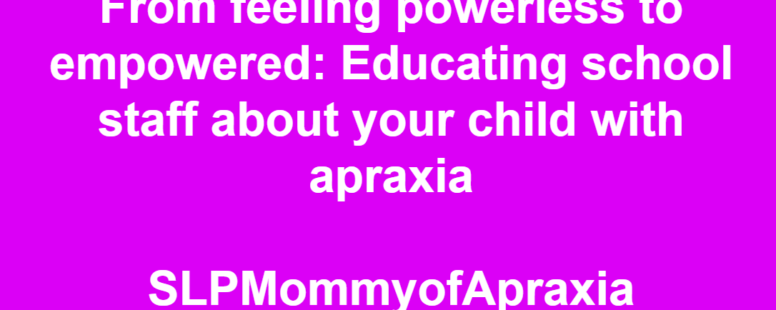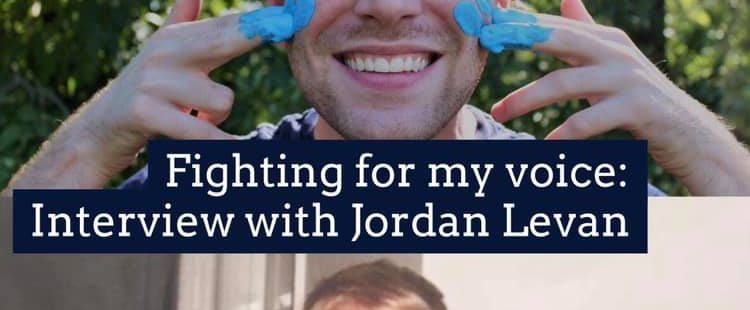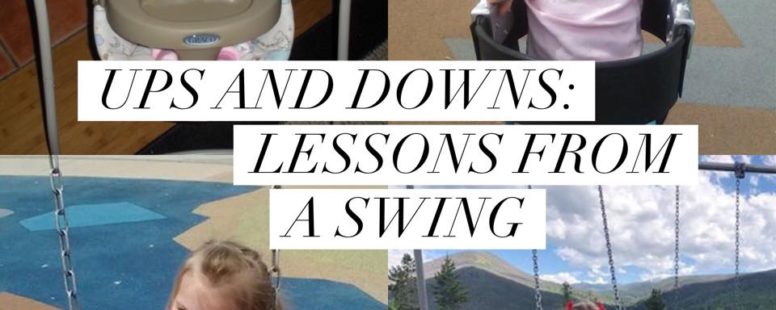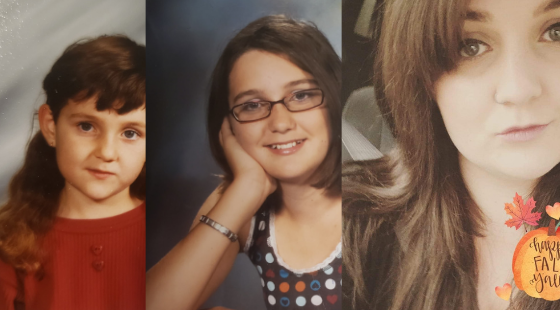Educating school staff about your child with apraxia
Many parents of children with communication disorders such as apraxia report feelings of anxiety, fear and trepidation during back to school. Worries about their child being understood or being bullied run rampant. Furthermore, parents feel powerless. This podcast explores those feelings more in-depth and provides resources and suggestions to help parents and their children during this transition. Click here for: BrochuresInformational DownloadsLetter to the teacher




